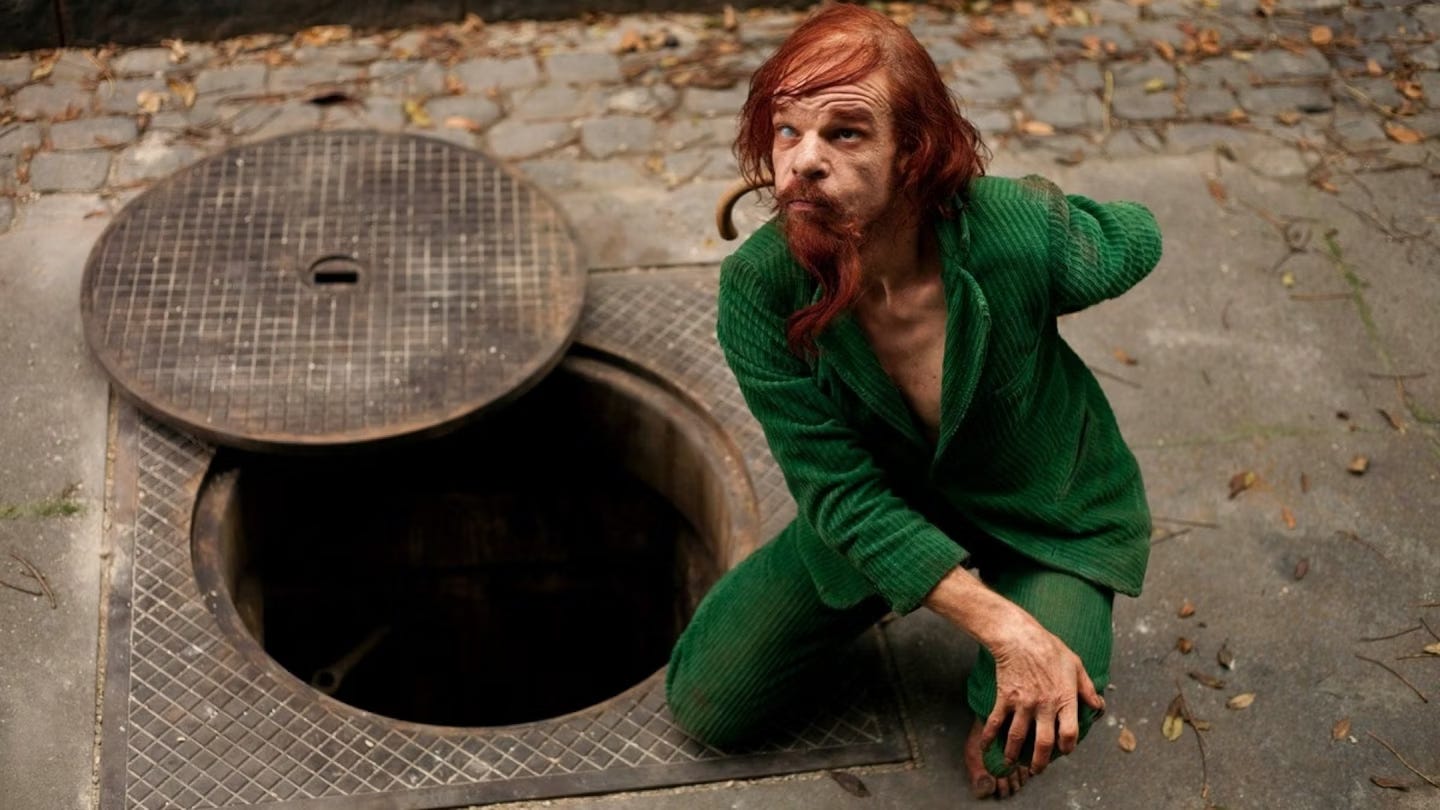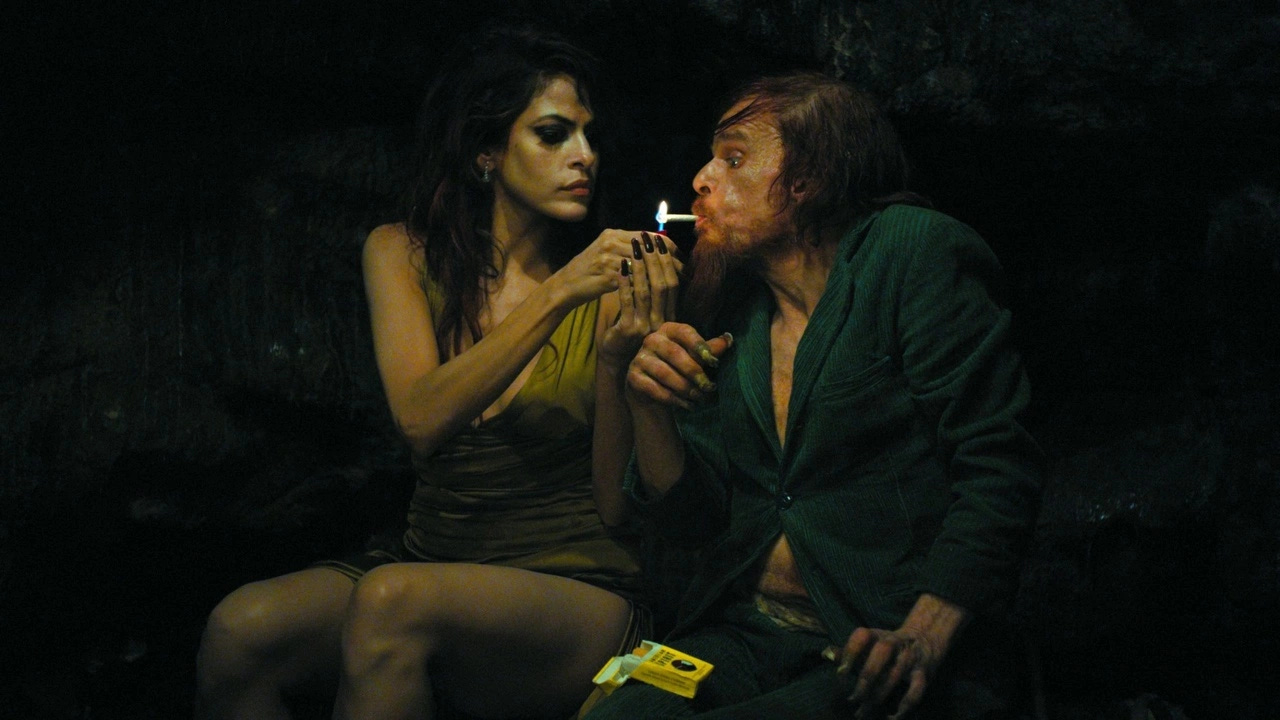The New Cult Canon: 'Holy Motors'
After two flops and a 13-year absence, Leos Carax returned to the fray unbowed and gloriously unhinged.
“What makes you carry on, Oscar?”
“What made me start. The beauty of the act.” — Holy Motors
When Leos Carax, the classic enfant terrible of contemporary French cinema, resurfaced with his fifth feature, Holy Motors, in 2012, he was coming off, let’s say, an extended hiatus from making movies. Aside from “Merde” a segment in the 2008 anthology movie Tokyo!—Michel Gondry and Bong Joon-ho directed the other two—Carax had torpedoed his career with two straight fiascos. The first, 1991’s Les Amants du Pont-Neuf (gracelessly Americanized, via Miramax Films, as The Lovers on the Bridge), was a notoriously troubled production, hampered by numerous delays and budget overruns, like the decision to build a scale replica of Paris’ Pont-Neuf bridge when shooting on the real thing became logistically untenable. With his reputation still in tatters, Carax nonetheless attempted to rebound eight years later with Pola X, an almost heroically off-putting riff on Herman Melville’s Pierre; or, The Ambiguities that made him a more toxic investment than ever.
And yet Carax would prove to be irrepressible, if not exactly prolific. His films are so strange and singular and flush with emotion and cinematic bravado that he could occupy an entire wing of the New Cult Canon museum, with every single project deserving a spot. (To date, however, I’ve only previously written about Les Amants du Pont-Neuf, still his most beautiful and accomplished work to date.) But the surreal and wholly unexpected Holy Motors seems to have benefited from his time in exile, suggesting that he had kept working for the 13 years between productions and opted to anthologize all the brightest thoughts he had sketched out over that period. In fact, Carax more or less remakes that Tokyo! short as one of the nine surreal “appointments” that comprise Holy Motors, and it works because Carax has conceived the film as a repository of ideas.
So what is Holy Motors about? Terrible, unanswerable question. It is oddly fortunate that the audience for a Carax film, at least in the United States, is so limited and self-selecting that it requires no answer. That famous Roger Ebert quote, “It’s not what a movie is about, it’s how it is about it,” applies to the film more than Ebert himself might have anticipated, given his simple suggestion that filmmaking itself is worth prioritizing over the story or the subject matter. In truth, you can answer the question in two ways: 1. Holy Motors is about a wealthy man (Denis Levant) who travels around various locations in a white limousine, assuming multiple identities (a beggar, an assassin, a motion-capture performer, an angry father, etc.) in a range of scenarios that are like an actor playing different roles, only without cameras around. 2. Holy Motors is about cinema, baby.
Keep reading with a 7-day free trial
Subscribe to The Reveal to keep reading this post and get 7 days of free access to the full post archives.





